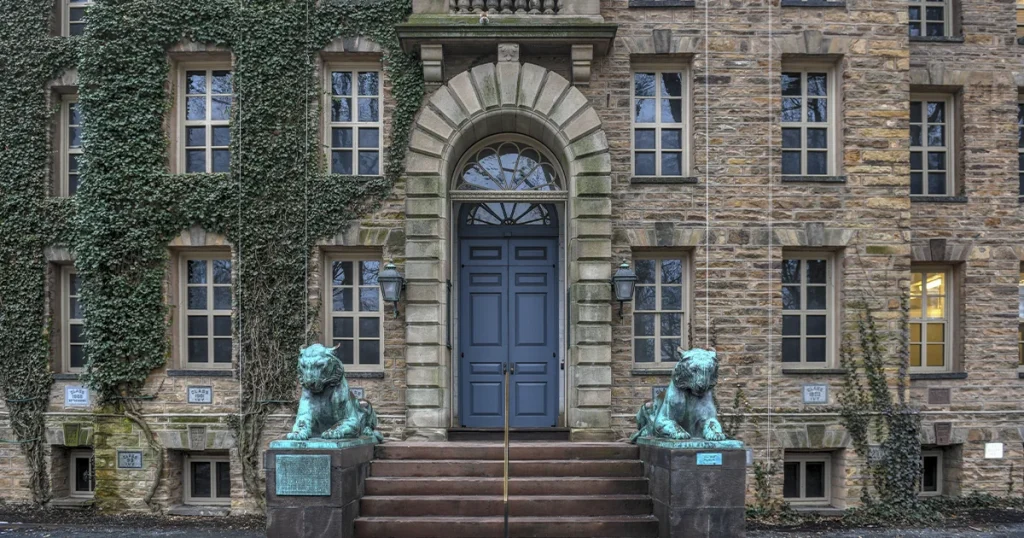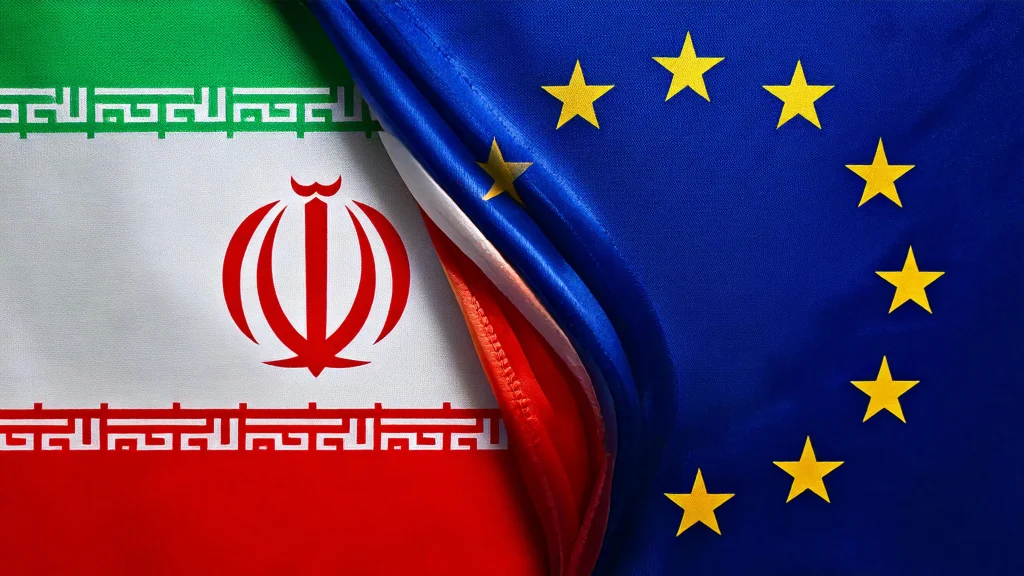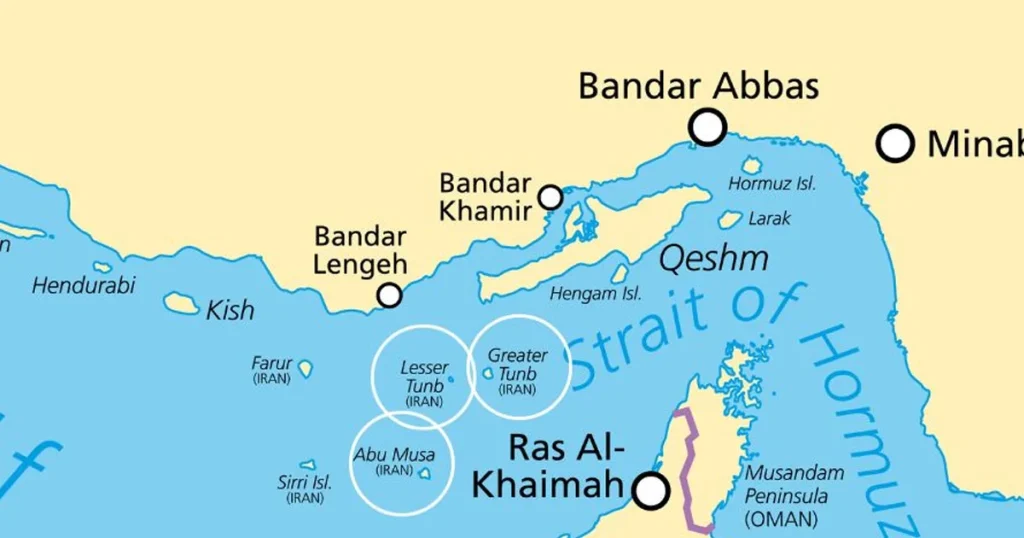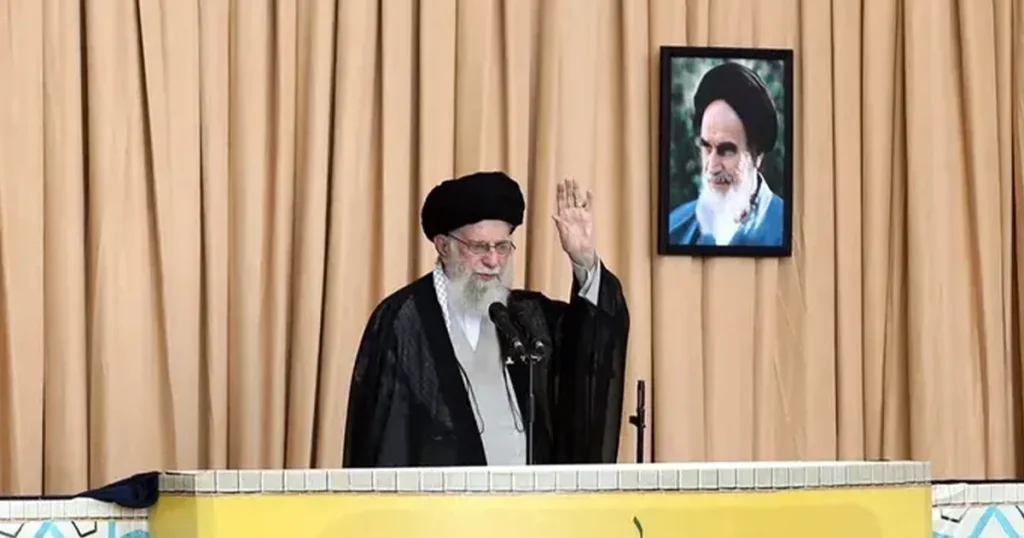In the landscape of political influence and lobbying, few topics are as pressing and contentious as the subtle yet pervasive infiltration by organizations aligned with the Islamic Republic. Central to this discussion is the National Iranian American Council (NIAC), which has become a focal point for allegations of promoting the interests of the Islamic Republic under the guise of advocacy for Iranian Americans. This piece critically evaluates the ties and potential impacts of such organizations, highlighting their connections to the IRGC and the broader agenda of the Islamic Republic’s regime.
NIAC’s Controversial Role and Public Influence
NIAC positions itself as a voice for the Iranian-American community, advocating for policies that ostensibly aim to ease tensions between the U.S. and the Islamic Republic. However, critical scrutiny reveals a pattern of advocacy aligning suspiciously closely with the narrative and interests of the Islamic Republic. This alignment raises legitimate concerns about the true motives behind NIAC’s lobbying efforts, especially considering its alleged connections to the Islamic Republic’s influence operations.
Furthermore, NIAC has often been presented by Western media outlets as an authoritative voice or expert source on U.S.-Islamic Republic relations. These appearances lend credibility to their talking points and subtly shape public opinion toward policies that align with the Islamic Republic’s regime. For instance, NIAC has advocated strongly against sanctions and military options, which dovetails with the strategic interests of the IRGC. Such advocacy, framed as neutral or expert analysis, contributes to shifting public perceptions and ultimately seeks to influence policy decisions.
Ties to the IRGC and Strategic Influence
While direct financial ties between NIAC and the Islamic Revolutionary Guard Corps (IRGC) are not publicly proven, the ideological and operational parallels are striking. The IRGC, designated as a terrorist organization by several countries, including the United States, has a well-documented history of using proxy organizations to advance the Islamic Republic’s foreign policy goals. NIAC’s consistent defense of the regime and its policies mirrors the strategic interests of the IRGC.
NIAC’s interactions with figures tied to the IRGC and the broader Islamic Republic political machine, such as former diplomats and officials who have spoken at their events, underscore concerns that NIAC may serve as a conduit for the regime’s soft power strategies in the U.S. Such relationships enable NIAC to influence policymakers, legislators, and the broader public subtly.
Academic and Cultural Penetration
In the academic world, the Islamic Republic and its affiliates have found collaborators or sympathetic voices. Hossein Mousavian, a former ambassador of the Islamic Republic to Germany and now a scholar at Princeton University, faces accusations of crimes against humanity for his role in supporting the regime’s oppressive actions. His presence at a prestigious university sanitizes the regime’s oppressive record while portraying him as a peaceful intellectual.
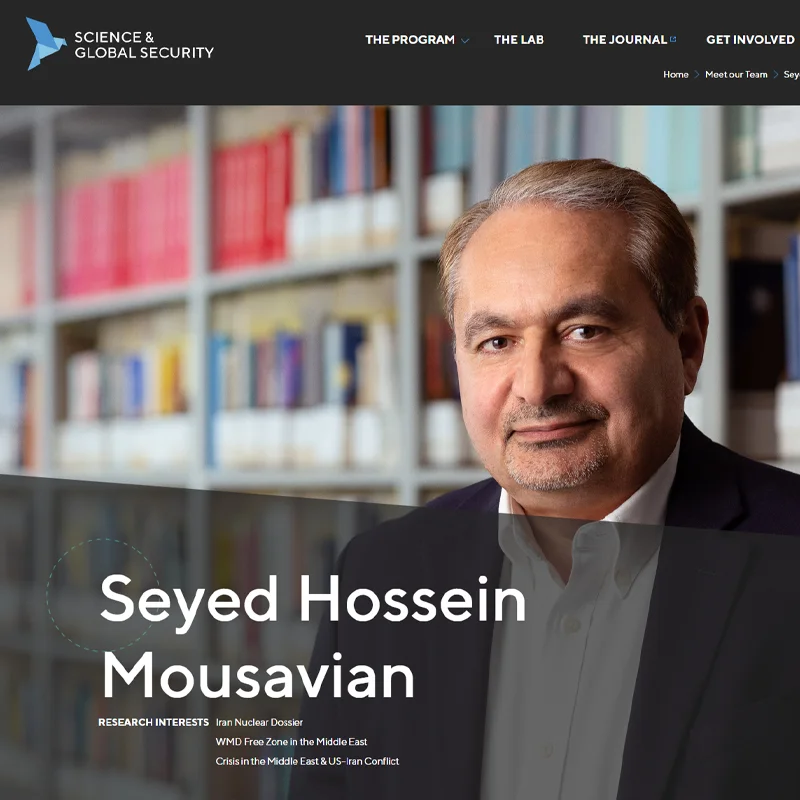
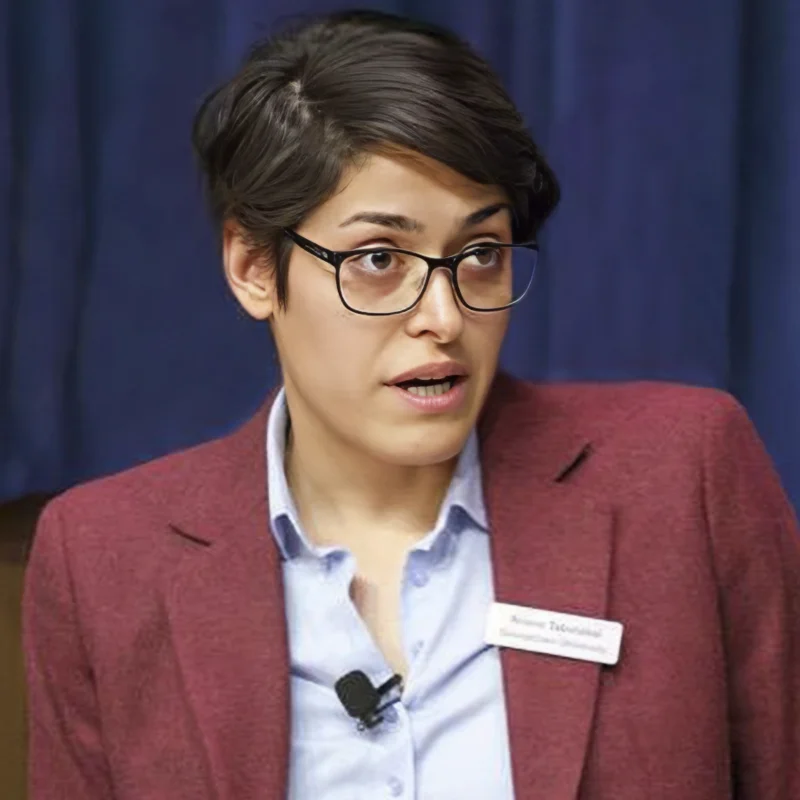
Another example is Ariane Tabatabai, a senior advisor in the Department of Defense who was previously a professor at Georgetown University. Tabatabai’s ties to NIAC, coupled with her role in government and academia, raise legitimate concerns about her involvement in shaping narratives that may align with the Islamic Republic’s strategic interests. Such individuals, who are well-placed within respected institutions, create fertile ground for subtle but insidious influence that can shift the narrative on the Islamic Republic in favor of the regime.
Robert Malley’s Relationship with NIAC
The situation becomes more concerning with the recent investigation of Robert Malley by the FBI. Malley, a seasoned diplomat and former U.S. Special Envoy for Iran, has had a close relationship with NIAC, frequently engaging with the organization as part of his work on U.S.-Islamic Republic relations. Critics argue that Malley’s relationship with NIAC further illustrates how influence operations can reach high levels of government. The investigation into Malley is ongoing, but his affiliation with NIAC raises questions about potential biases that may have influenced his diplomatic approach.
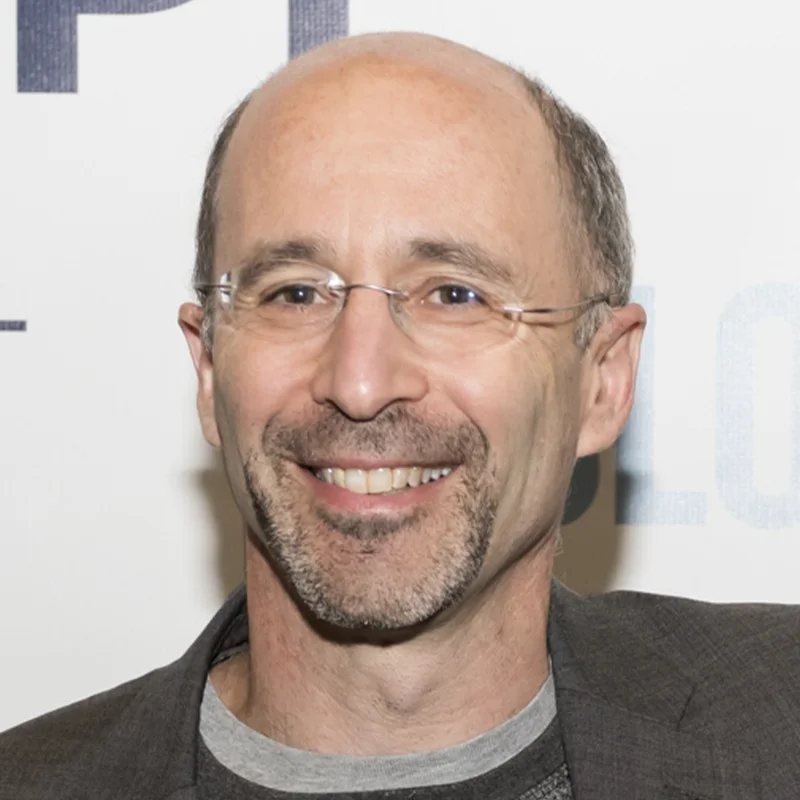
Charity Organizations and Mosques as Tools
NIAC is not the only organization implicated in these strategies. Charity organizations with undercover ties to the IRGC also operate to advance the interests of the Islamic Republic. They can provide financial support to groups aligned with the regime’s foreign policy objectives and work to subtly influence public opinion.
Furthermore, mosques funded by the Islamic Republic are sometimes used to disseminate pro-regime ideology and messaging, serving as cultural and community centers that promote the regime’s narrative. While not all mosques or charity organizations should be painted with the same brush, it is essential to remain vigilant against those that act as conduits for the Islamic Republic’s strategic objectives.
Call for Vigilance and Transparency
It is imperative that democratic institutions and the public remain vigilant against these forms of covert influence. Organizations like NIAC should be held to stringent standards of transparency regarding their funding, affiliations, and lobbying activities. Academic, cultural, and charitable institutions must also enhance their vetting processes to prevent infiltration by groups with hidden agendas.
This is not merely a matter of foreign policy but of protecting the integrity of democratic discourse and preventing the erosion of trust in our institutions. Only through informed scrutiny and proactive measures can we safeguard our public and political arenas from being manipulated by foreign interests masquerading as domestic advocacy.
In conclusion, while the full extent of NIAC’s ties to the IRGC and the Islamic Republic might not be explicitly documented in the public domain, the overlapping interests and activities warrant a critical examination. It is through such critical discourse that we can hope to preserve the foundational values of our society against subtle and insidious influences.
